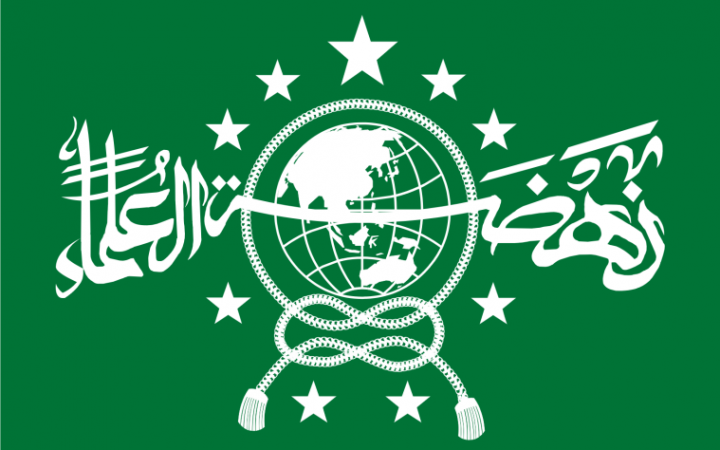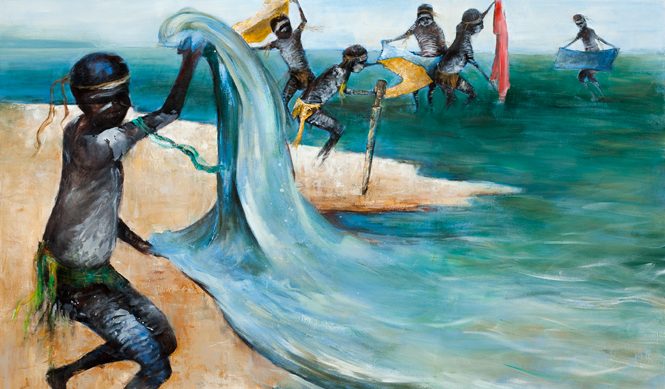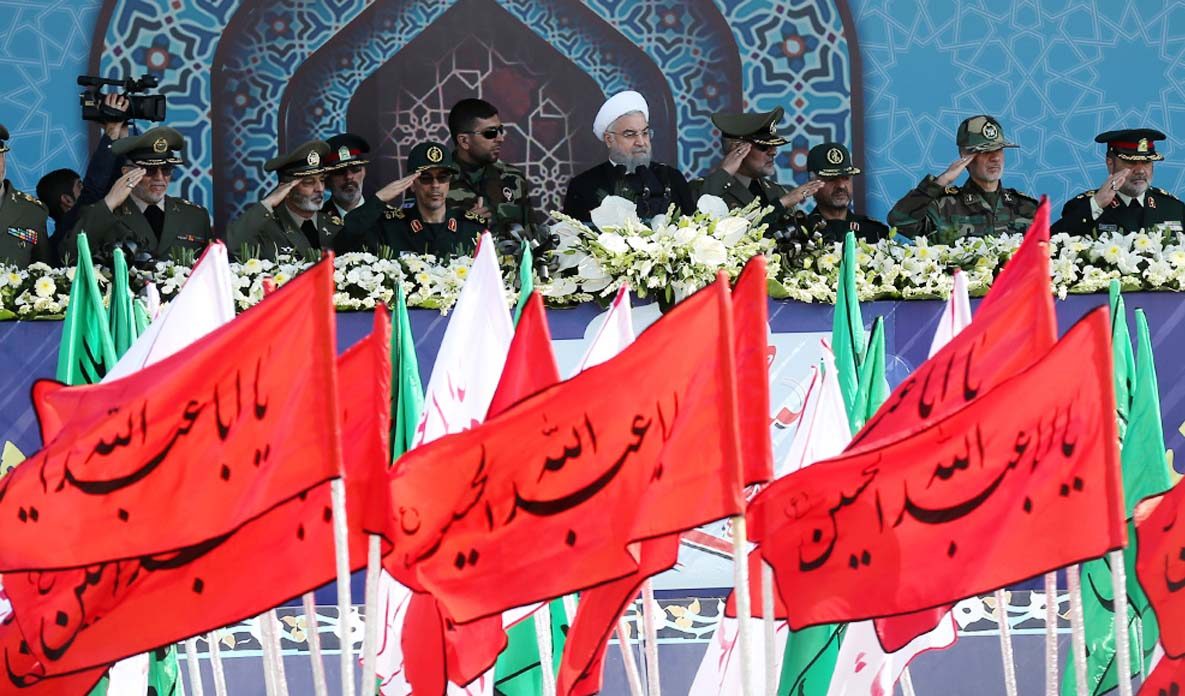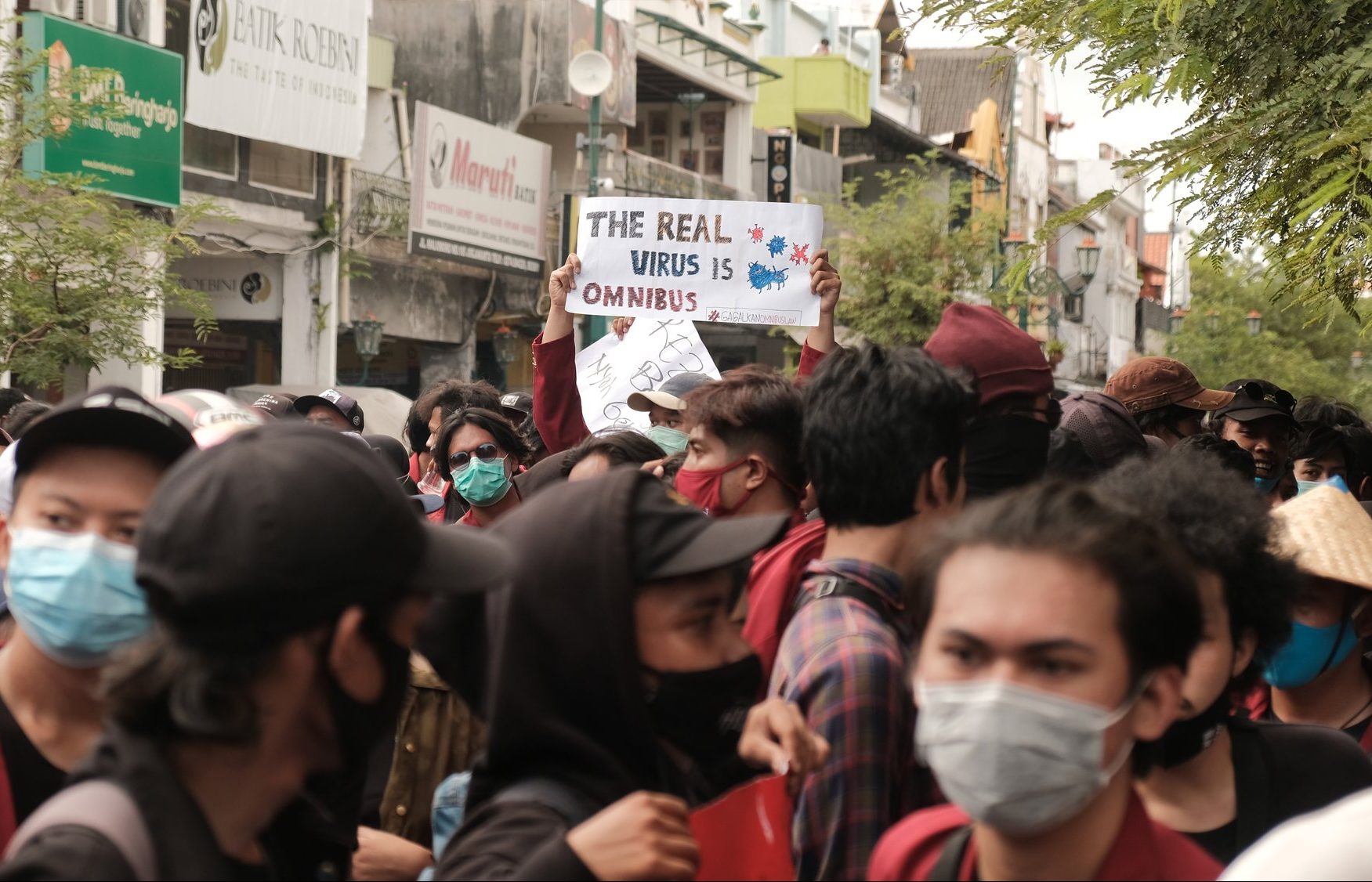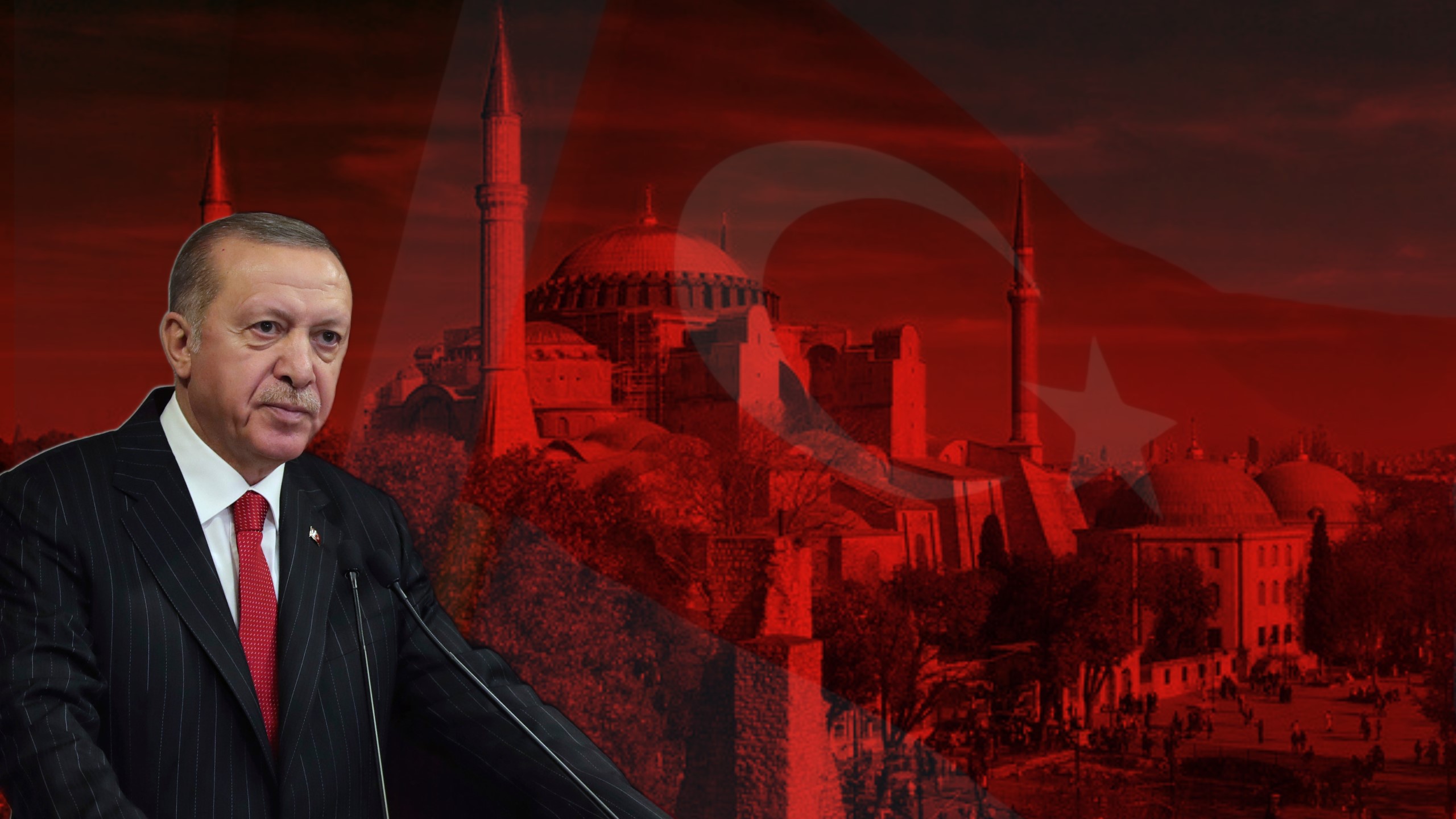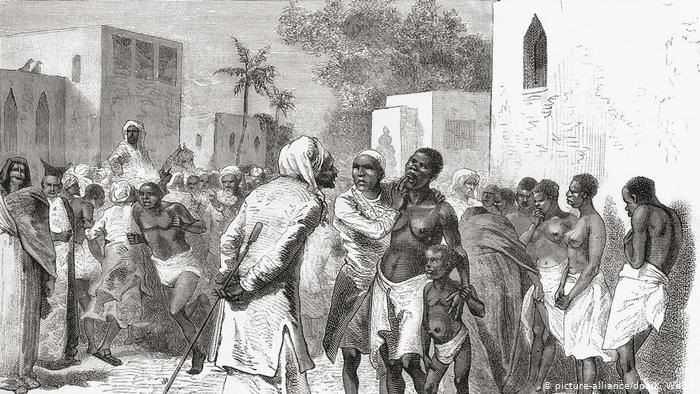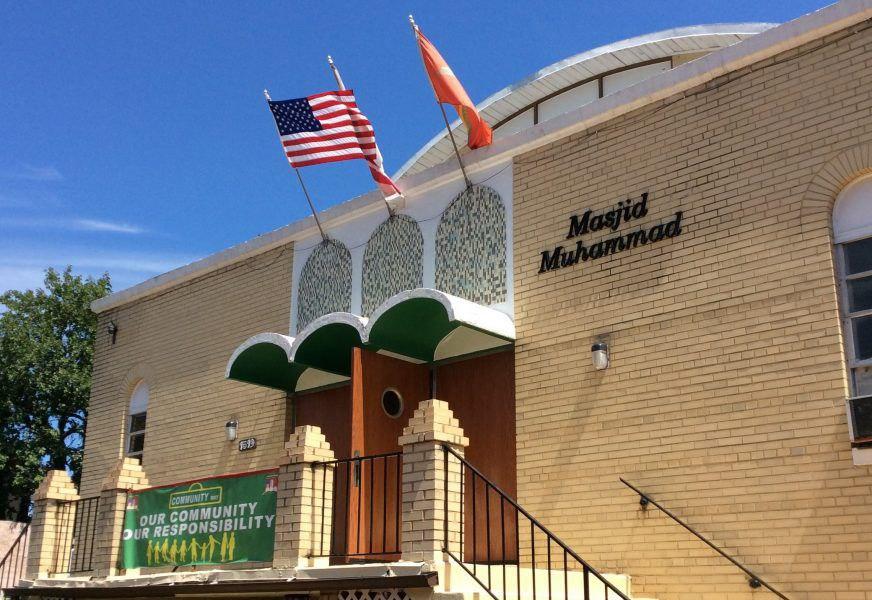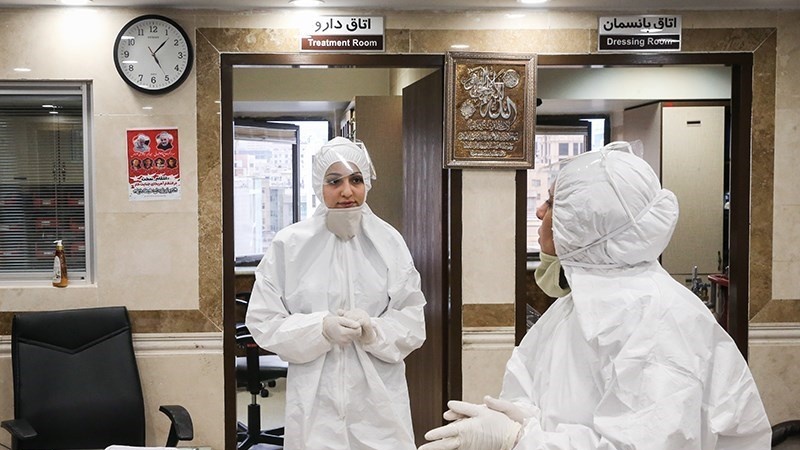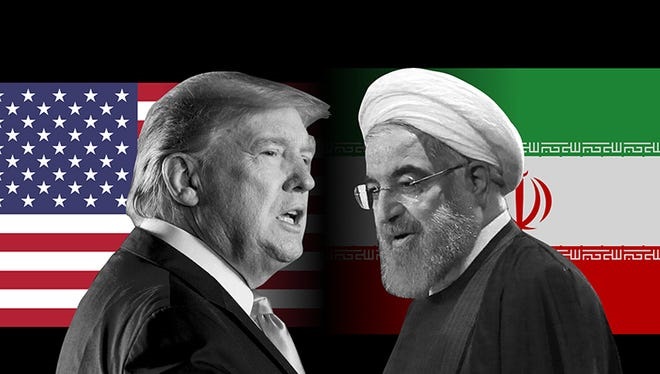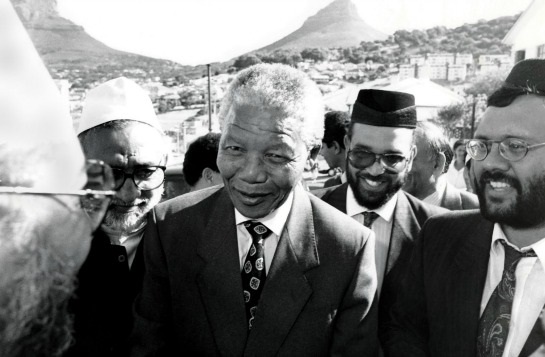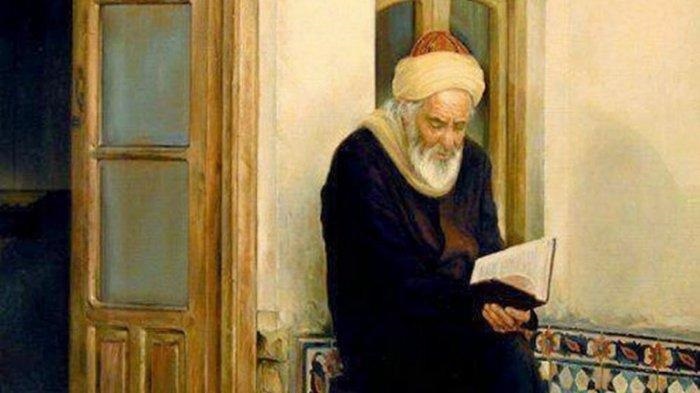Birthday of Nahdlatul Ulama (NU) is widely celebrated two times: 16 Rajab and 31 January. The first is based on the Hijriyah calendar as commonly used by Muslims, the latter is based on the Common Era.
Today, 31 January, is the birthday of the largest Islamic organization in Indonesia – and the world, Nahdlatul Ulama (NU). Exactly 94 years ago, numbers of kiai (clerics) of Java and Madura – under initiatives of two distinguished clerics, KH. Hasyim Asy’ari and KH. Wahab Chasbullah – gathered at the residence of Kiai Wahab in Surabaya, agreeing on founding an association which was preceded by several initiatives before.
Years earlier, a number of kiai who later founded the NU had established the Nahdlatul Watan movement, or Nation’s Awakening Movement in responding colonialism (1916) and Nahdlatut Tujjar or Merchant’s Awakening Movement to protect the dignity of indigenous trading and economy (1918). Previously, Kiai Wahab Chasbullah (1914) also set up an intellectual discussion named Taswirul Afkar. Nahdlatul Ulama no other is the continuation of the community and initiatives who have stood beforehand, only with wider, and more comprehensive coverage.
In the early 1920s, the Indonesian archipelago was still under occupation of the Dutch colonialists. Many people were still poor and uneducated, as the source of power and economy were under the Dutch control and the public school only provide educations for the gentry who planned and designed to be the Dutch officials. People drown in poverty and ignorance.
Driven by the social reality and also the spirit of the practicing their knowledge, kiai, the Muslim clerics who traditionally educated in Pesantren (traditional Islamic boarding school), began to establish schools to provide education for the illiterate villagers. Most of kiais taught the practice of religion and Islamic values based on classic books, but in reality their pupils learn more than such subjects. With broad network of pesantrens, many villagers were able to read and write in the form of Pegon (Javanese Arabic letters). That’s exactly where the transformation of knowledge, insight and literacy occur among indigenous Muslims.
With the increasing number of pesantrens, more people embracing and bound to Islam. This made kiais introducing soft approaches by accepting and assimilating the local traditions with Islamic values. So, Javanese natives do not feel uprooted from their origin after they embrace and practice Islamic teachings.
Such approach is way different from the Islamic purist reformer who took hard approach. They demanded purification of Islam from local traditions which they often accused as heretics. The proponents of purifications argued that any kind of Islamic teachings must be referred to Al-Qur’an and Hadith. Consequently, they local traditions are neglected.
The pressure of the purists made kiais – who took soft approach in teaching Islam – feel uncomfortable. This coincided with the situation in global level. Miles away from the Indonesian archipelago, a reformation happened in Middle East, especially in Saudi Arabia. King Abdul Aziz bin Abdul Rahman, who known as Ibn Saud, took control of two holy cities Mecca and Medina. Ibn Saud who endorsed Wahhabism wanted to apply Wahhabism in his leadership – by eliminating other schools in Islam in those two holy cities and destroying the sacred sites of the Prophet Muhammad in those holy cities since such heritages are considered to drag Muslims to idolatry.
The Indonesian kiais who partly spent their education in Mecca-Medina discussed such issues and mobilize supports to resist. Once through the process of lengthy communication, KH Wahab Chasbullah along with KH Hasyim Asy’ari invited a number of kiai to a meeting in Surabaya, in residence Kiai Wahab. There agreed that Indonesian kiais about to send envoy to lodge an objection to the King Abdul Aziz. The meeting which is known by the term Committee of Hijaz gave birth to a number of demands, including:
- Demand the King Ibn Saud to keep giving independence for the people of Islam in the Arabian Peninsula to embrace different school of thoughts
- Protection of Islamic heritages of the Prophet, guarantee that they will not be destroyed, including the tomb of the family and companions
- Demand the King Ibn Saud to issue the financial statements of the Hajj pilgrims to the public.
But, in order to legitimately send objections and envoys to Saudi Arabia, the kiais need an organizational umbrella. Under such reason, followed by awareness of the importance of organization as cited KH Hasyim Asyari in the Preamble of NU constitution, the kiais agreed to form an organization under name of Nahdlatul Ulama, or Awakening of the Scholars.
Although the discussion of objection to Ibn Saud policy had already discussed in establishment of NU on 16 Rajab 1344 Hijriyya or 31 January 1926, but due to various constraints delegation to Saudi Arabia, represented by KH Wahab Chasbullah and Shaykh Ahmad Ghonaim Al- Misri were able to depart on 7 May 1928 or 5 Shawwal 1346 Hijriyya, two and a half years after NU was established.
The Hijaz Committee might be the first political product of Nahdlatul Ulama, which revealed the spirit of the organization in fighting for diversity of practicing Islam. Throughout its history, NU does appear as the organization of moderate Islam in Indonesia which are able to accept the local traditions as well as adaptive to embrace innovation. NU known widely under slogan “Almuhafadhah ‘ala qadim al-salih wa al-akhdzu bi al-jadid al-aslah” or “Maintaining the good value of old tradition and embracing the good innovation as well.”
NU is also known as an Islamic organization that does not conflict between nationality and Islam. Although Indonesia constitutes the largest number of Muslims population in the world, NU is fully aware of the diversity that has been existing for centuries. NU accepts Pancasila (five pillars of Indonesia) and not demanding Islamic Sharia applied in formal state system. So, no wonder NU is often called one of the pillars of nation-state and democracy of Indonesia.
NU’s open attitude towards diversity and difference is not surprising. Apart from being influenced by the eclectic culture of the Indonesian archipelago, NU holds the principles of tawasut (moderate), tasamuh (tolerant) and tawazun (proportional) in addressing various issues, both social, political and religious. Those principles underlie and simultaneously enclose NU so that Muslims in Indonesia do not fall into a radical or extreme attitude (tatharruf).
Since NU was founded by the Muslim clerics and scholars, intellectual debates and differing opinions are normal and acceptable. Sometimes with jokes and laughters. Amids forums or meetings under NU, kiais could argue with fierce but they can still throw jokes that made the forum enjoyable.
NU is indeed unique. It is not only an organization, but also a tradition and identity of its followers across Indonesia. NU’s birthday is also fairly unique. It is celebrated two times, on 16 Rajab and 31 January. The first is based on the Islamic calendar, the second is based on common calendar. Based on those two different calendars, the age of NU is also different. Based on Hijriyyah, NU is already 91 years old, while according to common calendar, NU has been living for 94 years old.
![Islami[dot]co](https://en.islami.co/wp-content/themes/jambualas/images/logo.png)
